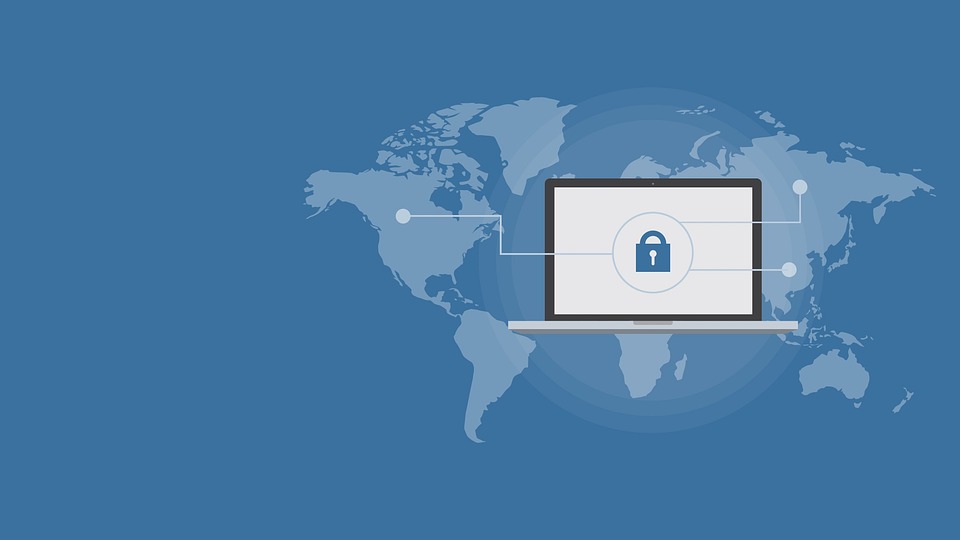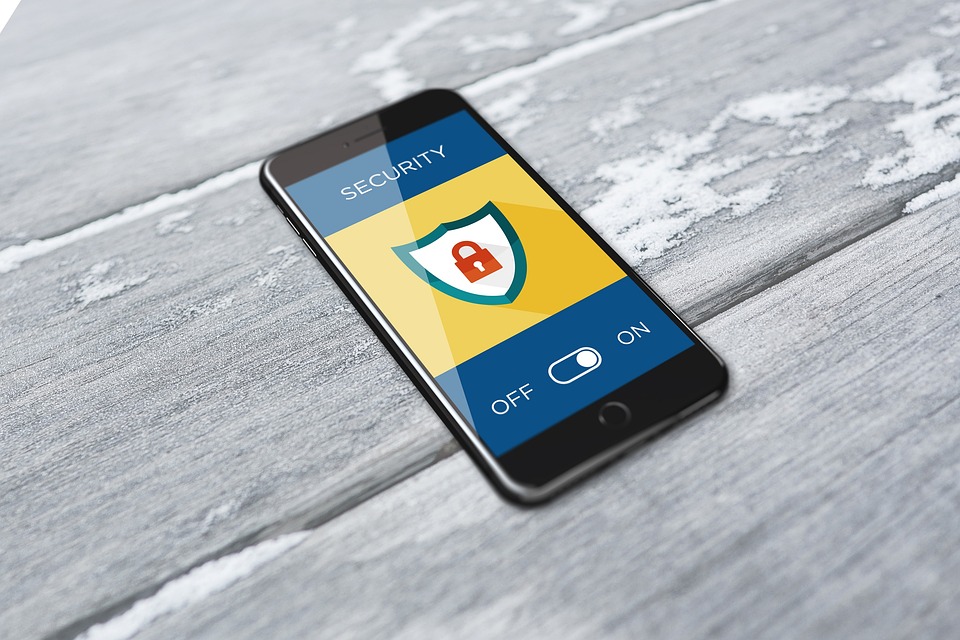Understanding Virtual Private Networks: Your Ultimate Guide
In today’s digital world, where privacy and security are of utmost importance, virtual private networks (VPNs) have gained immense popularity. Whether you’re a tech-savvy individual or someone who simply wants to protect their online activities, understanding VPNs is crucial. This ultimate guide will walk you through the ins and outs of VPNs, providing you with the knowledge you need to make informed decisions about your online privacy.
What is a Virtual Private Network?
A Virtual Private Network, commonly known as VPN, is a secure and encrypted connection that allows users to access the internet privately and anonymously. By creating a private network over a public internet connection, VPNs ensure that your online activities are shielded from prying eyes, such as internet service providers (ISPs), hackers, and even government surveillance.
How Does a VPN Work?
When you connect to the internet through a VPN, the VPN client on your device establishes a secure connection to a remote server operated by the VPN service provider. This server acts as a middleman between your device and the websites or online services you access. All the data transmitted between your device and the remote server is encrypted, making it virtually impossible for anyone to intercept or decipher.
Once your data reaches the remote server, it is decrypted and sent to its intended destination. This process not only ensures the security of your data but also masks your IP address, replacing it with the IP address of the VPN server. As a result, your online activities become anonymous, making it difficult for anyone to track your internet usage or identify your physical location.
Why Should You Use a VPN?
There are several compelling reasons why you should consider using a VPN:
1. Enhanced Privacy: By encrypting your internet traffic and hiding your IP address, a VPN protects your privacy and prevents websites, advertisers, and other entities from tracking your online activities.
2. Security on Public Wi-Fi: Public Wi-Fi networks are notorious for their lack of security. Using a VPN on public networks safeguards your sensitive information, such as passwords and credit card details, from potential hackers.
3. Bypassing Geographic Restrictions: With a VPN, you can bypass geographic restrictions and access content that may be blocked or limited in your region. This includes streaming services, websites, and social media platforms.
4. Remote Access: VPNs enable secure remote access to corporate networks, allowing employees to connect to their work resources from anywhere in the world. This is particularly useful for individuals working remotely or traveling frequently.
5. Protection Against ISP Throttling: Internet service providers sometimes throttle or slow down the internet connection of certain users. By using a VPN, you can prevent your ISP from monitoring or limiting your internet speed.
FAQs about VPNs:
Q1: Is using a VPN legal?
Using a VPN is legal in most countries, but it’s important to familiarize yourself with the laws and regulations of your specific location. While VPNs are generally legal, some countries have restrictions on their usage. For example, China has implemented strict regulations on VPNs, limiting their use to government-approved providers.
Q2: Can a VPN slow down my internet connection?
Yes, using a VPN can potentially slow down your internet connection. The encryption and routing processes involved in a VPN can introduce some overhead, resulting in a decrease in speed. However, reputable VPN providers often invest in high-speed servers to minimize the impact on internet performance.
Q3: Are all VPNs equally secure?
Not all VPNs are created equal when it comes to security. It’s crucial to choose a reputable VPN provider that offers strong encryption protocols and a strict no-logs policy. Additionally, look for VPNs that have undergone independent security audits to ensure their claims of privacy and security are valid.
Q4: Can I use a VPN on my mobile device?
Yes, most VPN service providers offer apps for mobile devices, including smartphones and tablets. These apps allow you to easily connect to VPN servers and protect your internet traffic while on the go. Whether you’re using iOS or Android, there are plenty of VPN options available for mobile devices.
In conclusion, understanding virtual private networks is essential in today’s digital landscape. By using a VPN, you can safeguard your online privacy, secure your sensitive information, and bypass restrictions imposed by geographic boundaries. Remember to choose a reputable VPN provider and familiarize yourself with the laws regarding VPN usage in your country. Stay protected, stay anonymous, and enjoy a safer online experience!
For more information on virtual private networks, check out this comprehensive guide: [insert external link here].











